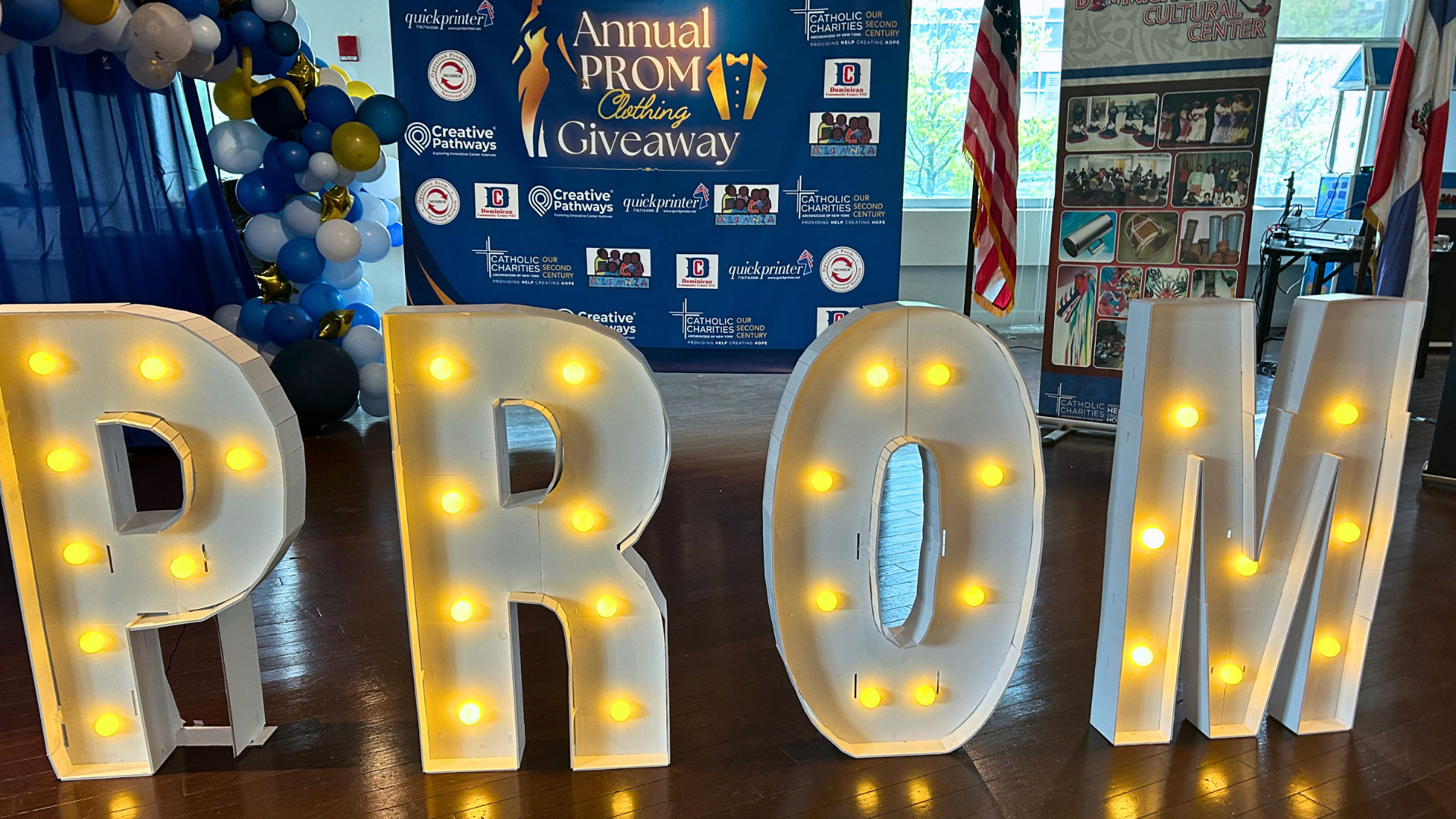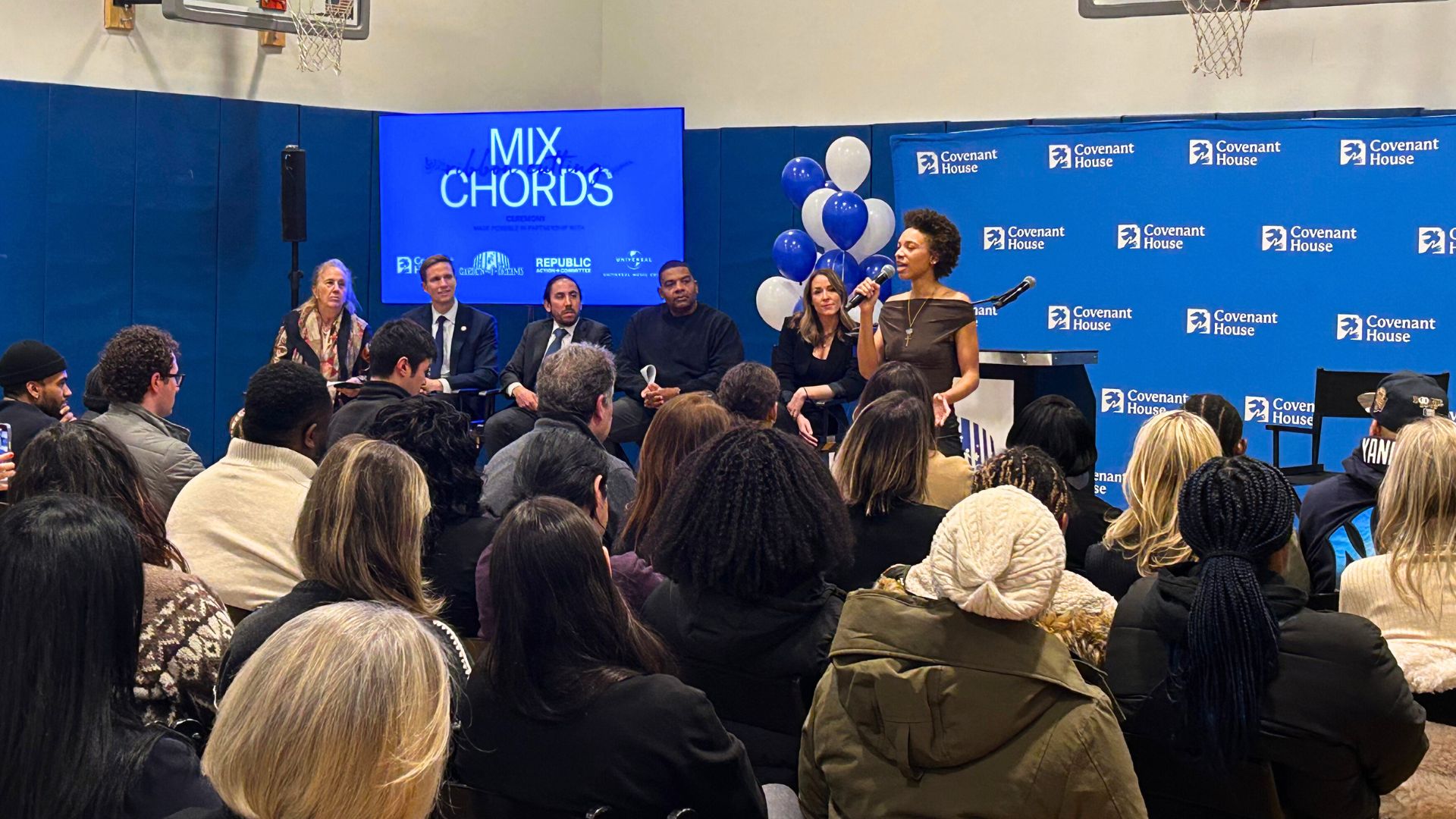Turning to experts at the Kennedy Children’s Center
Being a student in NYC during the Coronavirus hasn’t been easy. It’s one thing to be presented with facts and information one needs to learn – something remote teaching has done pretty well – but for young minds, the lack of social interaction weighs heavy on them. It adds unique challenges to parents as well, because remote education needs leadership at home. Whether or not it has been a success for students, parents and educators remains to be seen.
THEN THERE IS SPECIALIZED EDUCATION
If you took all those challenges facing students and parents and doubled them, tripled them, you might begin to understand the situation families with special educational needs are facing. But even that wouldn’t be a fair comparison.
“This is hard for everyone,” Christina Foti, the special education chief at the city’s Department of Education told the New York Times. “This is incredibly hard for every parent, for every student. It’s unmeasurable how hard this is.” It’s hard on teachers too.
THE KENNEDY CHILDREN’S CENTER
Since 1958 when it was established by the Archdiocese of New York, the Kennedy Children’s Center has been a leader in educating children with learning disabilities. The Center, like all schools, is temporarily closed due to Covid-19, but they are still committed to supporting their students and families.
One of Kennedy Center’s teachers, Emily Paddon, told the New York Times that even relatively small disruptions in a student’s learning environment, such as going on vacation, leads to significant efforts by teachers to get the student back on track. To benefit from specialized learning requires a deeper level of engagement that standard teaching. Fortunately, expertise like Emily’s have led to innovations in remote special education efforts. The goal being to create a sense of stability by recreating the classroom environment.
Emily makes video recordings of her reading aloud. She video chats with students at least once a week from her home environment which she has modeled after the classroom space familiar to the children. She makes every effort to bring her students (and their parents) into the rich learning environment they have come to rely on.
A COMPLEX CHALLENGE
The future of schooling is unclear. There is concern that these children with special education requirements, a minority in the vast education system, may not receive the resources they need. In fact, NYS and NYC have both given NYC schools leeway to reduce current specialized education services and delay enrollment for new children in need. This population of kids require a lot of special efforts in the best of times – what will happen if they lose resources in the most challenging time?
Additionally, parents of disabled children play an outsized role in remote education. Since focus on the learning medium is so crucial to a child’s ability to benefit, parents must give most of their attention to their kids during school-time. This is going to make it especially hard for parents to return to work during the reopening phases of the city. What impact is that going to have on family income and stability?
SOLUTIONS
The solution is being worked on by education and family stakeholders. What it will look like is not certain. But we do know that experts in specialized education delivery like Emily Paddon and others at the Kennedy Children’s Center are going to find a way – a way to continue to deliver the best possible programs to the neediest of our kids.



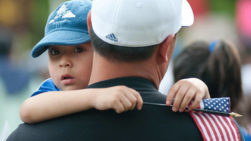

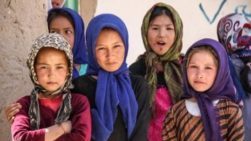
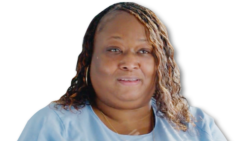
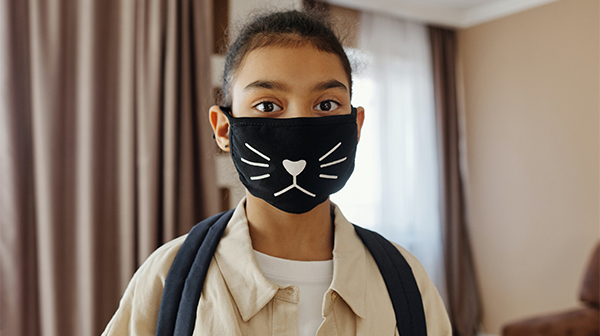

![[2X MATCH] — Summer Match Challenge](https://catholiccharitiesny.org/wp-content/uploads/2025/07/FY25-July-Summer-Match-scaled.jpg)
